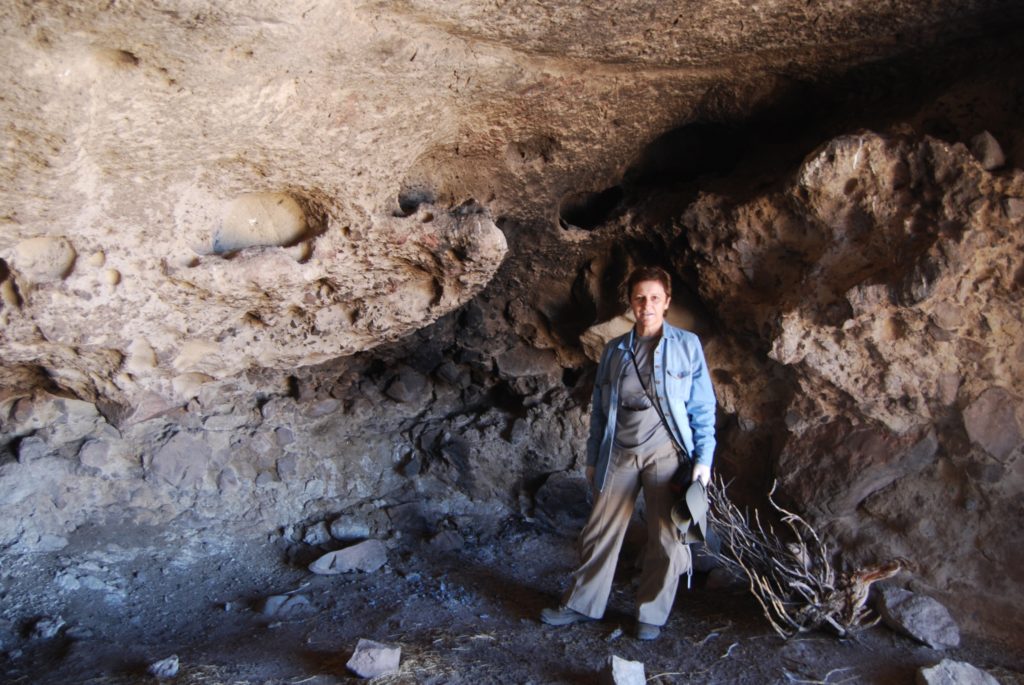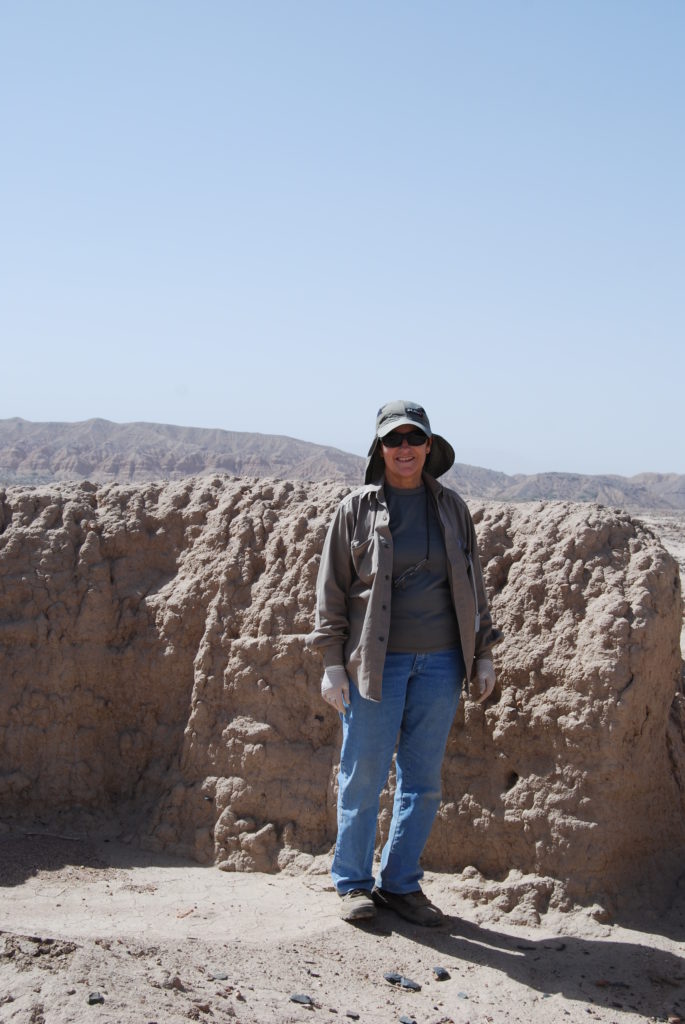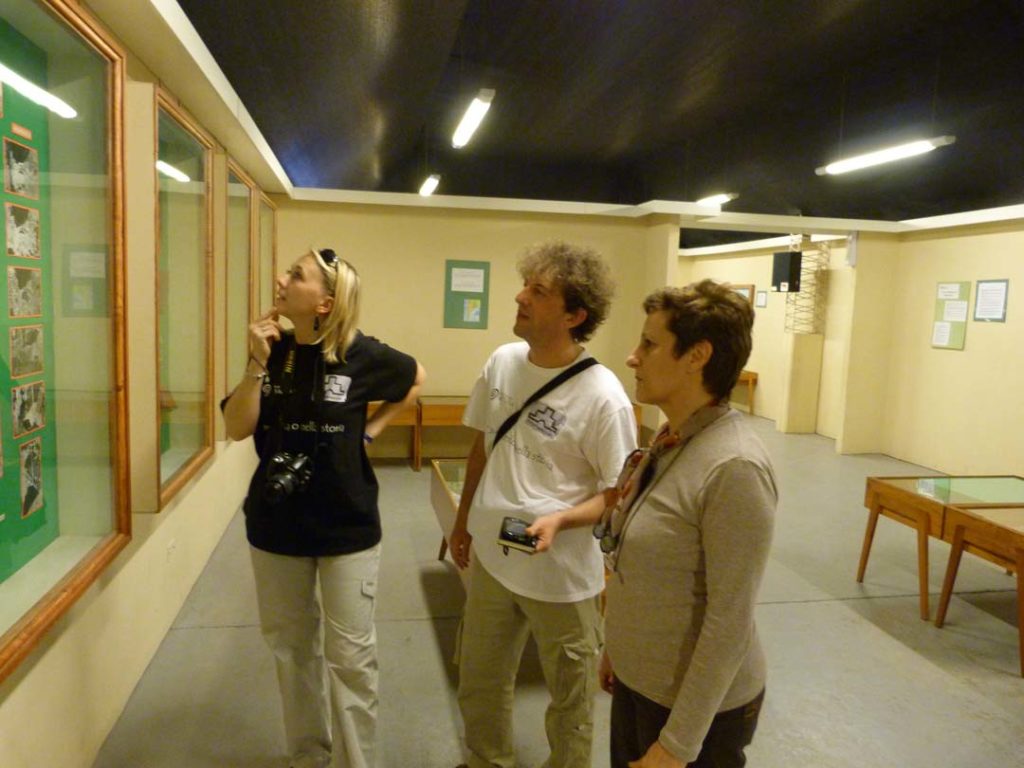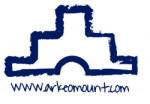Prof. Teresa Michieli (Argentina) – archaeologist and former director of “Prof. Mariano Gambier” Museum in San Juan (Argentina), is the first hosted in this series of post related to the 2020 project “Do not feed the archaeologists!”. Prof. Michieli supported a lot “Ande 2011” project, nearly 10 years ago, leading us in the area of San Juan for one incredible week! Let’s know her better reading her 5 answers!

1) Why did you chose to become an archaeologist?
TM: I always liked research (about anything, I was a very curious girl and fanatically reading). When I studied archaeology in the Bachelor’s degree in History (early 1970s) I started to like the subject, but inside
I supposed it would be difficult to face it as a woman.
One class consisted of visiting a facility from the Inca period that was in excavation and there they allowed me to delve into a corner with the good luck that I found two ceramic shards. I ran to my archaeology professor and he I asked if that was Inca pottery and he answered yes. So I said, half in serious and half joking: “Ah! It means that I can be an archaeologist. ” I turned around and when I returned to my place the teacher said to me: “Are you serious?” I stayed motionless, still and surprised for a moment wondering inside me if he had really been serious. And I realized that it was so.
From then on I started working with said teacher until I received my degree and, because of his contacts, I came to San Juan where I continue working after 45 years.
2) When did you understand that it was the right or the wrong choice?
TM: When I graduated from university and moved, at 23, to live and work in another province with a great archaeologist (Mariano Gambier) and a great field for this activity, I felt it was the right choice and I have kept that taste and that same curiosity through the years.
3) Sometimes during hard times we think about giving up…You did not! You are still an active archaeologist! Why? I mean, what happened? Do you have a special “mantra” helping your balance, or did you have to struggle with someone convincing this person that going on was the best choice? Who? Your relatives? Yourself?… The final question is “what is your secret to keep on digging?”
TM: No, I did not give up, even in difficult times due to the complexity of the geography in where I worked or due to management and protection problems of the archaeological heritage while I was in charge of the Research Institute. Now retired, I am still an active archaeologist, although now with less haste and less responsibility, enjoying more free time and meetings with colleagues and friends.
I did not have to convince anyone of my decision. Both relatives and bosses and friends understood my choice and dedication perfectly well and even they accompanied and helped when necessary.
There is no secret to continue working in archaeology; is simply the interest in the subject and the eternal curiosity that appears when it presents something unthinkable and that manages to bring me back to the enthusiasm of my youth.

4) How do you pass your spare time during the digging evenings (anyway while you are off from digging, but still far from home?)
TM: When I was young, in the long afternoons of isolated months in the high mountains, I used to knitting, generally small things because the transfer in horses does not allowed to carry a lot of luggage.
Currently, with another type of infrastructure and technology within reach, use my iPad to communicate with my family and stay up-to-date with news from the world.
5) Let’s suppose that you were not an archaeologist.. what is your job? policeman, farmer, batman?..
TM: If I had not been an archaeologist and historian, perhaps I would have been struck criminology … although I also always dreamed of being a writer (and although I am not able to write fiction, with the narrative of archaeology and history I have fulfilled part of my dream).

Thank you Teresa!



